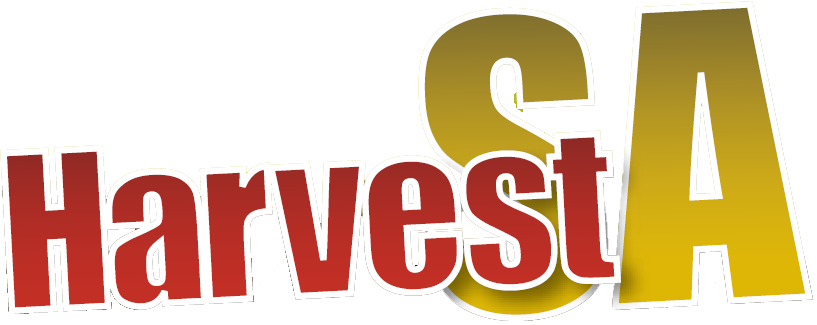South Africa’s alcohol industry, already on its knees due to the fourth booze ban, is now faced with the additional challenge of having liquor stores looted during the riots that have swept through KwaZulu-Natal and Gauteng.
The alcohol industry, including the Beer Association of South Africa (Basa), Liquor Traders Association of South Africa (LTASA), National Liquor Traders (NLT), South African Liquor Brandowners Association (Salba); and Vinpro have now urgently called on government to lift the current alcohol ban to prevent a total collapse of the industry and a further boost to the illicit industry.
Robbed of stock
Sean Robinson, chairman of the LTASA, said, “Liquor stores have definitely been targeted by looters and many of our members, who are already experiencing crippling damage to cash flow as a result of the ban, have lost their entire stores’ stock running into hundreds of millions of rands. It’s deeply troubling, and the extended ban only increases the risk of this criminal behaviour and will result in further devastating losses.”
Lucky Ntimane, convenor of the National Liquor Traders, said, “All we have seen is the devastation to people’s lives and the economy due to the government decision to use prohibition to achieve public health goals and save livelihoods. Instead of ramping up the vaccination rollout and increasing enforcement measures to prevent illicit trade activities, the government has opted to pursue a policy that only serves to entrench the illegal market. That illegal market is now in danger of becoming a permanent feature of the post-pandemic economy.”
Ntimane said that the tavern owners robbed of their stock would be unable to trade when and if the ban was lifted. “The last 14-day ban put more than 4,600 jobs at risk. More than 233,500 jobs are now on the line due to the prohibition measures,” he said. “Their livelihoods are smashed, and the township economy – where much of the looting has occurred – has been shattered.”
Request for off-consumption sales
Additionally, the NTL has proposed that the government allow taverns and shebeen permit holders to sell alcohol on a takeaway basis (off-consumption) during business hours from Monday to Sunday. It has also asked to allow bottle stores to sell alcohol on a takeaway basis from Monday to Friday.
“These are not unreasonable demands,” said Ntimane. “We need to work, for the sake of the country, for our community, our businesses, our families and dependents. Being allowed to trade, albeit responsibly, will make a difference between life and death for our members who are looking poverty in the face.”
Salba chairperson Sibani Mngadi said, “Even before the government extended the initial 14-day ban on Sunday 11 July, liquor premises were increasingly the target of organised crime. We had reports of thefts of stock at warehouses and retail premises in Pretoria, Boksburg, Durban and Bloemfontein. Now, with the political unrest rampant in KZN and Gauteng, this has become a firestorm.”
Mngadi added, “There is no doubt that the targeting of liquor stores by the looters is due to the high demand for alcoholic beverages as a result of the ban of sales.” He said that the industry had informed the government in January of the unintended consequences of prohibition. The primary being that “crisis-driven Covid-19 related prohibitions on alcohol beverages have…promoted the development of parallel illicit markets, plunging entire industries into a financial abyss and reducing much-needed government revenue.”
Data behind the ban
The alcohol industry has repeatedly asked the government to supply scientific research and reasoning behind why a total alcohol ban is an effective measure against curbing coronavirus infections.
Basa CEO Patricia Pillay said: “Businesses across the beer value chain who were already on their knees as a result of the bans are now being crippled further by the violent looting in KwaZulu Natal and Gauteng. While the devastating impact of the blanket bans are clear for all to see, the data on which government continues to enforce prohibition measures have still not been provided to the industry, 16 months since the first ban was implemented.
“That is why we will be submitting an urgent PAIA application to the National Coronavirus Command Council (NCCC) to get the data on which it has based its decisions to enforce the four blanket bans. We simply cannot stand aside while businesses and jobs are being decimated by the bans and violence sweeping across the country.”
Vinpro MD Rico Basson added, “The irrational cycle of alcohol bans urgently needs to stop. The industry is on the edge of a cliff, with several smaller players already over the edge. The livelihoods of thousands of employees are being irreparably endangered while South Africa – the only country in which liquor sales have been banned without financial assistance forthcoming from the national government –lags behind the world in the vaccine rollout.
“Government’s failure to both adequately prepare the health facilities for possible dangerous additional waves and to administer an adequate and efficient vaccination rollout cannot hold the alcohol industry at ransom any longer.”



